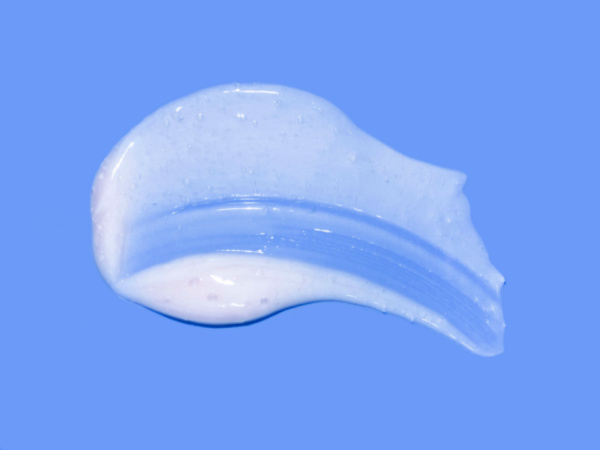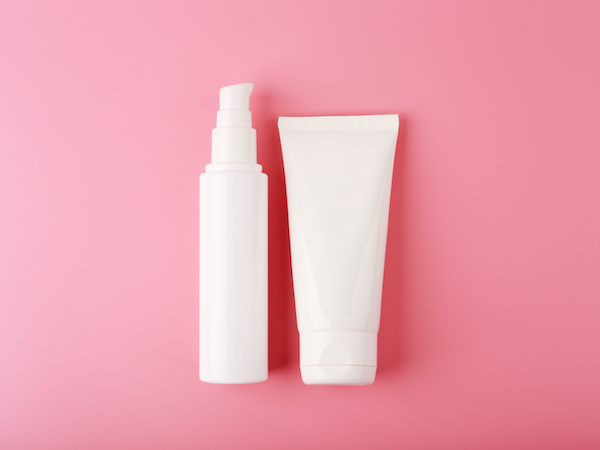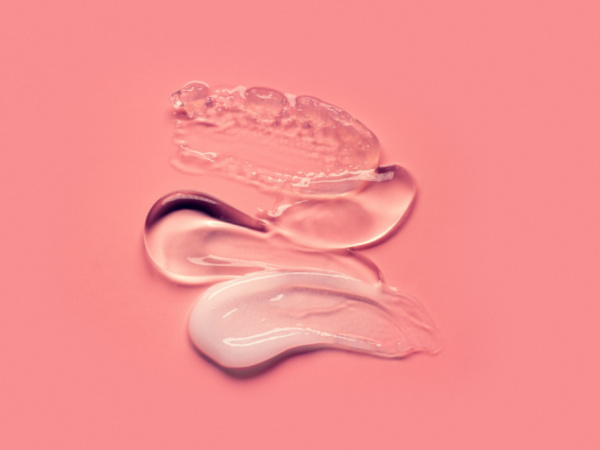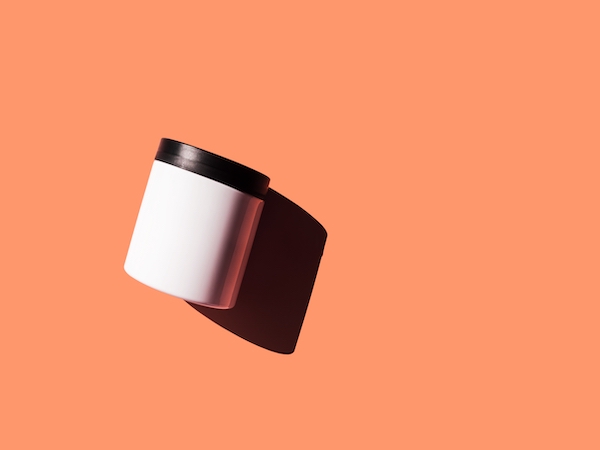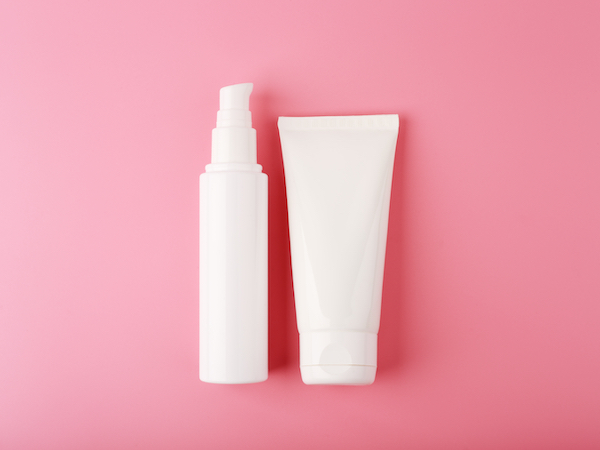Acne is one of the most common medical conditions experienced worldwide. In fact, in Canada alone, it’s believed that acne affects ~5.6 million Canadians (roughly 20% of the population).
So, if you’re experiencing acne, you may be wondering what causes it. It’s also important to note that there are a few different types of acne, and it doesn’t necessarily present the same in everyone.
To help you better understand what acne is, its causes, and the different types that can occur, the Felix team has put together this page of useful information. If you’d like to talk to a practitioner about acne treatments, based on your health, medical history, and type of acne you’re experiencing, just complete a short assessment to get started.
What is Acne?
Acne is a skin condition that’s caused by blocked pores (i.e., hair follicles and sebaceous glands), which then become inflamed.
In many cases, things like skin cells, debris, and sebum (an oily substance made by your skin to keep it from drying out), build up in your pores causing these blockages.
Bacteria (also called cutibacterium acnes) are also present in your pores, which contributes to the inflammation and creates pus.
What Causes Acne?
There are a number of potential causes of acne, which can trigger its varying forms, such as:
- Touching your skin (leaving debris/etc. behind)
- Cosmetics
- Hormonal changes
- Humidity or heavy sweating
- Certain medications
- Genetic or biological factors
- Certain other medical conditions
If you’re starting to experience acne, and you’d like to talk to a practitioner about potential treatment options, complete a short assessment (at your convenience), to get started with Felix today.
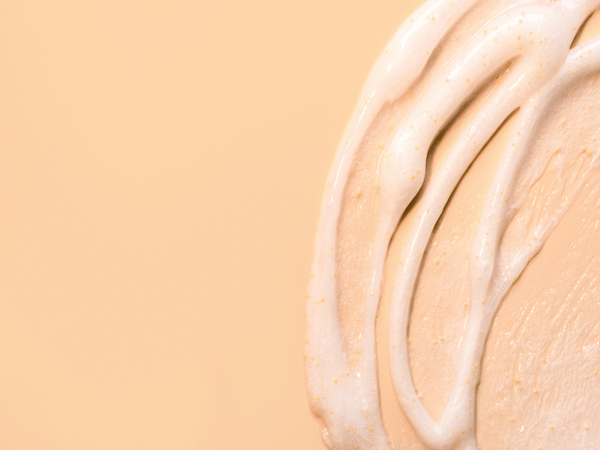
Different Types of Acne Explained
There are a variety of different specific forms of acne (i.e., nodular, cystic, fungal, etc.), which each present differently and require unique forms of treatment.
In addition to these, acne can be categorized into three groups, based on severity. These include:
Comedonal Acne (Mild)
In this type of acne, most of the lesions are comedones (i.e., whiteheads or blackheads).
Papulopustular Acne (Moderate)
Papulopustular acne causes inflammatory lesions that are usually superficial.
This is the most common type of acne that people experience.
Nodulocystic Acne (Severe)
This type of acne causes deep cysts, papules, and pustules, which can be quite painful.
Non-inflammatory Acne vs Inflammatory Acne
What is Non-inflammatory Acne?
Non-inflammatory acne is historically referred to as comedonal acne, due to the apparent absence of inflammation.
We know now that there actually is some inflammation present in this type of acne, but it’s less obvious, because the area doesn’t look red or inflamed.
What is Inflammatory Acne?
Inflammatory acne includes things like papules, pustules, nodules, and cysts. With this type of acne, there will be redness, swelling, and pus.
While there are some treatments available for both non-inflammatory and inflammatory acne, oral antibiotics are usually reserved for treating severe inflammatory acne.
Some Specific Forms of Acne
What is Nodular or Cystic Acne?
Both nodular and cystic acne are specific forms of inflammatory acne that can be experienced.
Nodular acne causes firm, painful lumps to form under your skin. Cystic acne causes pus-filled pimples to form deep under the skin, which can also be quite painful.
What is Hormonal Acne?
Hormonal acne, also known as adult acne, is a form of acne that occurs due to changes in your body’s hormones. It’s very common in adult women, as well as people who are pregnant or experiencing menopause.
This can cause acne along your jawline, which is thought to be a common trait of this form of acne.
What is Fungal Acne?
Fungal acne (Malassezia folliculitis) is often confused with common acne, but it’s actually an infection of your hair follicles.
It causes clusters of small, itchy, red bumps on your skin, which can be very uncomfortable.
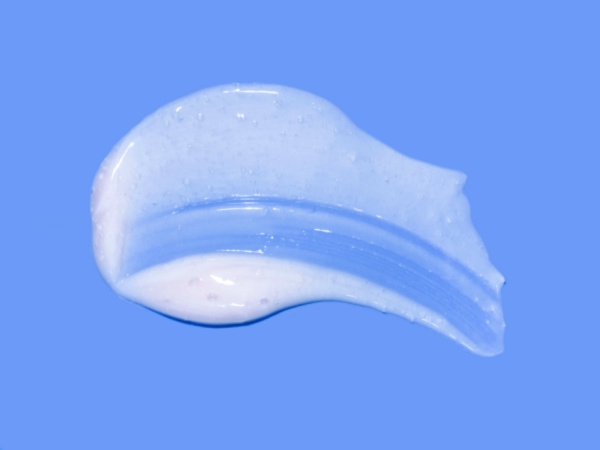
Does the Location of My Acne Matter?
Acne treatments are largely the same, regardless of the part of the body being affected.
The chest and face are more sensitive, but acne on the back often requires stronger medications.
As we mentioned, acne found along the jawline is often thought to be caused by hormonal acne, while forehead acne may be the result of using hair products or hair touching your skin.
Does Acne Improve with Age?
If you’ve been wondering at what age acne is the worst, for many people, the answer is during puberty.
Often, acne does improve with age, since your hormones regulate themselves during your 20’s. However, for many people, it may continue longer; due to things like strong genetic predispositions to the condition, or hormonal disorders like PCOS.
It’s important to note that it’s also common for people entering perimenopause to experience acne again, even if they’ve had years without the condition. This is the result of fluctuations in hormones during this normal life stage.
Getting acne over the age of 50 is rare. In these cases, it’s more often due to rosacea.
If you’re over the age of 16, and you’d like to talk to a practitioner about which acne treatments may be right for you, just complete a short assessment to get started.
Acne vs Rosacea
There are some similarities between acne and rosacea, such as them both causing pimples, pustules, and inflammation.
However, there are some major differences between these two conditions, including:
- Rosacea causes skin flushing. Acne does not (other then the redness caused by inflammation)
- Rosacea can be triggered by alcohol, heat, cold weather, and other outside factors. Acne doesn’t have a similarly clear trigger
- Rosacea can cause eye irritation, this is much less likely with acne
- Acne can be found on the back, chest, appendages, etc. Rosacea is usually confined to your face
- Rosacea can make blood vessels wider and more apparent, while acne does not have this impact on your skin
- People with Rosacea often have fairly sensitive skin, while acne can occur in any skin type
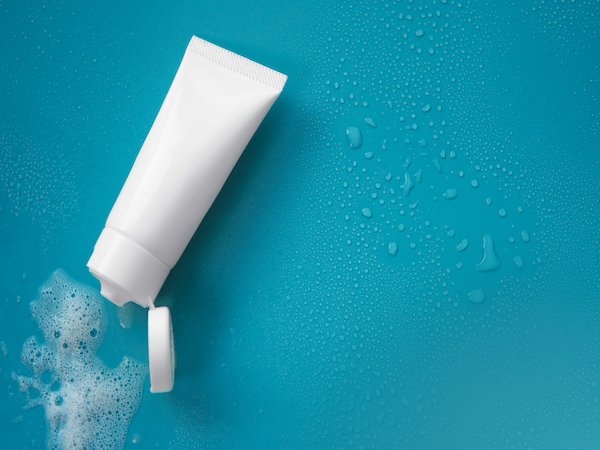
Which Skin Types are Prone to Acne?
If you’ve been wondering, “what is acne prone skin?” The truth is that acne can occur in any type of skin.
People with oily skin are considered to be more prone to acne, simply because the extra sedum from their skin may lead to more frequent follicle blockages, resulting in acne outbreaks.
How to Treat Acne Effectively
Non-Medical Treatments
There are a number of great ways to treat acne that don’t involve taking medications, such as:
- Following skin care regimens – These often involve a routine for cleaning and treating your skin, to help prevent blockages before they occur.
- Living a healthy lifestyle – Maintaining a healthy diet, getting regular exercise, maintaining good physical hygiene, and sleeping well are all ways that you can promote overall good health for yourself, as well as reduce the risks of acne appearing.
- Avoiding triggers – There are certain things that can trigger acne, (i.e., touching your face frequently, eating a lot of fatty foods, performance enhancing drugs, etc.), which are best to avoid; especially if you’re prone to acne outbreaks.
Medical Treatments
Before seeking prescription or over-the-counter medications to treat your acne, it may be a good idea to talk to your practitioner about any potential underlying medical conditions that could be causing your acne.
This could include things like PCOS or perimenopause, which you may be able to treat, and in turn, reduce the severity or frequency of your acne flare-ups.
When Should I Talk to a Practitioner About Acne Treatments?
Once you’ve tried all those other options, if you’re still experiencing troublesome acne symptoms, it can be a good idea to talk to your practitioner about prescription or over-the-counter medication options that may benefit your treatment plan.
Get started with Felix today, and one of our expert practitioners will be happy to discuss potential treatment options with you, based on your health, medical history, and the severity of your acne symptoms.
With Felix in your corner, you can take back control of your health and quality of life, so that you can get back to living life on your terms – the way it should be.
